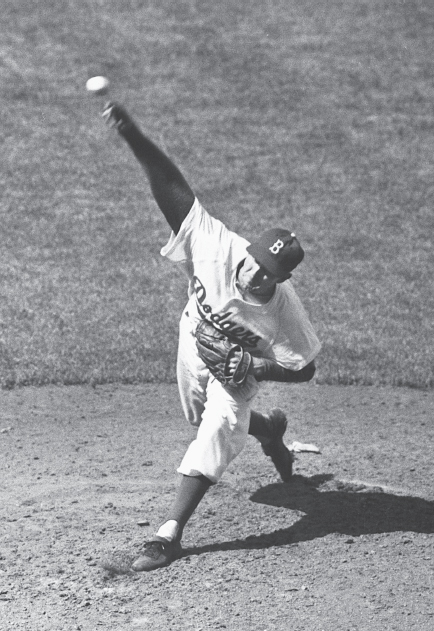
FOREWORD
It was just another mid-June game at Ebbets Field so many adjectives ago, and I was sitting in the Dodger dugout alongside Carl Erskine, who was to start against the Chicago Cubs. Small talk was the order of the day until Carl began to toss the game ball up in the air.
“I wonder what this little ball has in store for me today,” Carl mused aloud. Two hours later I shared his joy as he pitched his first no-hitter, which would have been a perfect game had he not walked a most imperfect hitter, opposing pitcher Willard Ramsdell. It was one of Carl’s two no-hitters during a brilliant career that saw him win 20 games in 1953, strike out 14 Yankees in a World Series game, win 122 games in a splendid 12-year career, and earn the respect and admiration of his teammates and opponents—which might have been his greatest accomplishment.
Carl was also involved in a numerical believe-it-or-not. On October 5, he was selected to pitch Game 5 of the 1952 World Series against the New York Yankees. Before the game, if memory serves me right, he received a telegram from the mayor of Fort Worth, Texas, where Carl pitched in his minor league days, congratulating Carl and Betty on their fifth wedding anniversary. I collected the three fives in my memory bank and watched somewhat in disbelief as the Yankees scored five runs in the fifth inning. Carl, however, was in no mood to let the Yankees ruin his party, as he hung tough, went 11 innings to win, 6-5. Oh, one other thing. When the game ended, I swear it was 5 after 5 p.m. As Ring Lardner used to say, “You could look it up.”
The little man from Anderson, Indiana, was a very big man indeed back in those lovely days in Brooklyn, and it was with great fondness that the pure sound of Erskine was turned into the raucous “Oisk.” Carl Erskine was always dependable, prepared, consistent, and businesslike, with a change-up that brought many a good hitter right out of his shoes. He pitched his game like a banker filling out your loan application, with preciseness and care. It was no surprise then to those who know him that he would one day wind up doing just that. However, you will not be getting a dry banker’s report from this book, but rather the warm memories of a lovely man.
Nor, for that matter, would Carl complete the line, “See the Boys of Summer … in their ruin. No maudlin man is he. Not now, not ever. For he is more like the sundial that only records the sunlit hours.
Here, then, are some of those golden moments, the shared laughter and thrills, the pure joy of being a big leaguer … better yet, of being a Dodger.
Pull up a chair, get close to the dugout, and stay a while.
—Vin Scully

Delivered by Carl Erskine. (Carl Erskine Collection)